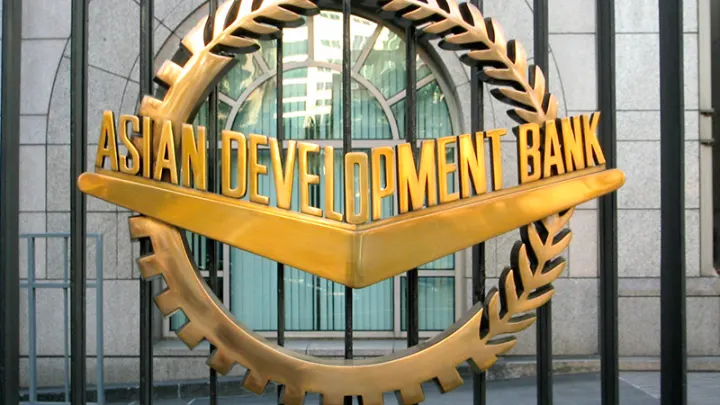News Flash
News Flash

DHAKA, Nov 3, 2025 (BSS) - A new evaluation by the Asian Development Bank’s (ADB) Independent Evaluation Department (IED) finds that ADB’s Trade and Supply Chain Finance Program has played a pivotal role in bridging trade finance gaps across developing Asia and the Pacific, particularly during crises.
The report recommends strategic enhancements to ensure the programme continues to deliver inclusive and sustainable development impact in a rapidly evolving global trade environment.
The evaluation, covering the period 2014–2024, comes amid heightened geopolitical tensions, rising protectionism, and global trade uncertainty.
It underscores the need for ADB to recalibrate its approach to trade and supply chain finance to better support inclusive, sustainable, and regionally integrated growth, said an ADB press release.
“Trade remains a powerful engine for development, but the rules of the game are changing,” said IED Director General Emmanuel Jimenez. “As global trade evolves, we must ensure ADB programs not only facilitate trade flows but also reach smaller banks and underserved markets,” he added.
The evaluation finds that ADB’s Trade Finance Program delivered strong results during crises such as the COVID-19 pandemic and Sri Lanka’s economic emergency, though its operations remain heavily concentrated in a few countries.
The Supply Chain Finance Program, meanwhile, has struggled to scale, with limited engagement from domestic financial institutions and a focus on low-risk transactions.
“While the Supply Chain Finance Program has made progress, its potential remains largely untapped.
To deliver greater development impact, ADB must revisit its strategy, broadening the scope beyond post-shipment finance, integrating domestic banks, and building institutional capacity to support supplier financing in lower-income markets,” said evaluation team leader Paolo Obias.
To remain relevant and impactful, the evaluation calls for a more deliberate strategy to expand ADB’s trade finance reach into underserved markets and to strengthen support for small and medium-sized enterprises (SMEs).
It also recommends modernizing the program’s operational systems, which currently rely on manual processes, to improve efficiency and reduce risk in this high-volume business.
Additionally, it calls for better tracking of development outcomes, especially in SME support and knowledge initiatives such as digital trade, anti-money laundering, and sustainable supply chain finance.
As global trade becomes more fragmented and complex, the evaluation offers timely insights for ADB and its partners to ensure that trade finance remains a catalyst for inclusive development.
About Independent Evaluation at ADB
ADB’s Independent Evaluation, reporting to the Board of Directors through the Development Effectiveness Committee, provides objective assessments of ADB’s strategies, operations, and results to help improve development outcomes across Asia and the Pacific.